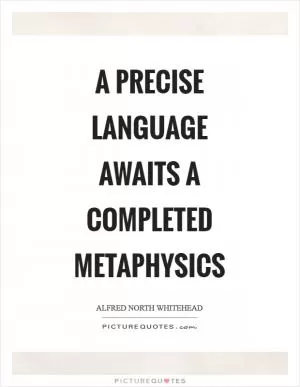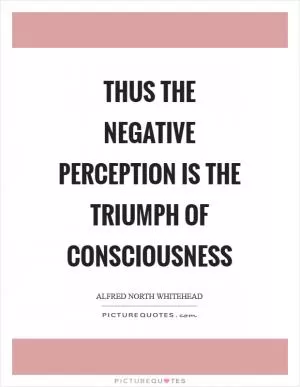There is no greater hindrance to the progress of thought than an attitude of irritated party - spirit

There is no greater hindrance to the progress of thought than an attitude of irritated party - spirit
Alfred North Whitehead, a renowned mathematician and philosopher, believed that there is no greater hindrance to the progress of thought than an attitude of irritated party-spirit. This statement reflects Whitehead's belief in the importance of open-mindedness, collaboration, and intellectual curiosity in the pursuit of knowledge and understanding.Whitehead's philosophy emphasized the interconnectedness of all knowledge and the importance of approaching problems with a sense of unity and cooperation. He believed that progress in thought and understanding could only be achieved through a willingness to engage with different perspectives and ideas, rather than being closed off to alternative viewpoints.
An attitude of irritated party-spirit, according to Whitehead, is characterized by a narrow-minded focus on one's own beliefs and a refusal to consider alternative viewpoints. This kind of attitude can lead to intellectual stagnation, as individuals become entrenched in their own ideas and are unwilling to engage with new information or perspectives.
In the context of Whitehead's philosophy, an attitude of irritated party-spirit can hinder progress in thought by creating barriers to collaboration and dialogue. When individuals are more focused on defending their own beliefs and attacking those of others, it becomes difficult to engage in productive discussions and exchange of ideas.
Furthermore, an attitude of irritated party-spirit can also lead to a lack of intellectual humility, as individuals become more concerned with being right than with seeking truth and understanding. This can prevent individuals from being open to new ideas and perspectives, and can ultimately limit their ability to grow and develop intellectually.












 Friendship Quotes
Friendship Quotes Love Quotes
Love Quotes Life Quotes
Life Quotes Funny Quotes
Funny Quotes Motivational Quotes
Motivational Quotes Inspirational Quotes
Inspirational Quotes